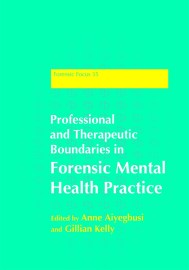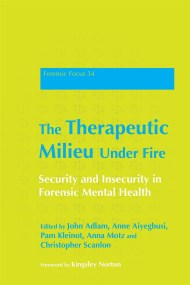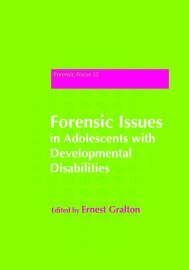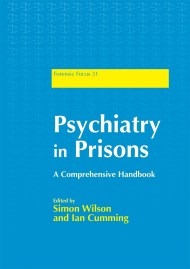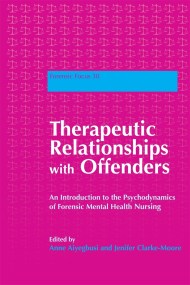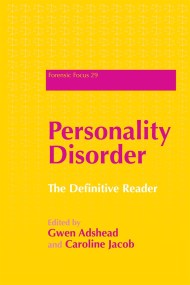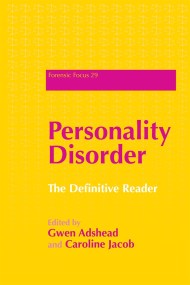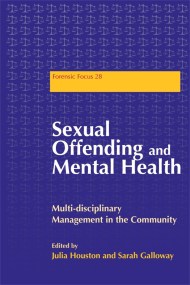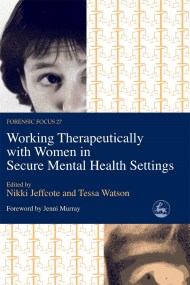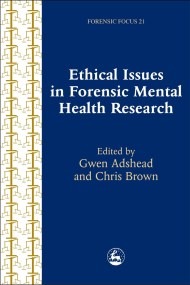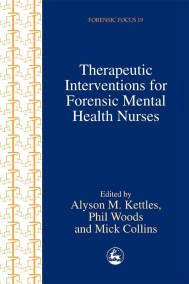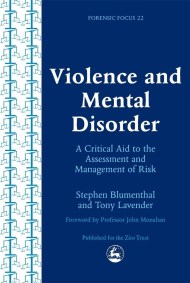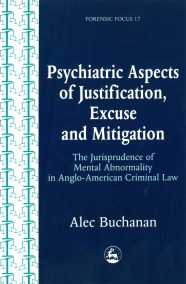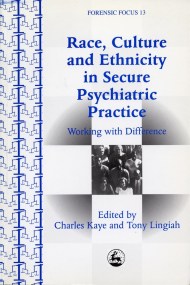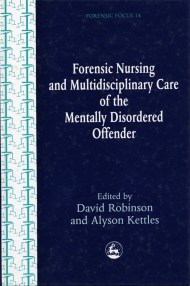Ethical Issues in Forensic Mental Health Research
On sale
15th March 2003
Price: £32.99
A contemporary case-based discussion of ethical dilemmas faced by researchers in forensic mental health, this book offers useful guidance to anyone planning research in this field. It focuses on problems frequently encountered, such as issues of capacity to consent in forensic settings and the meaning of consent to participate. Chapters cover issues such as the procurement of consent among incarcerated people; the ability of young people to provide consent; the effects of culturally specific lay beliefs about mental illness; confidentiality; multidisciplinary approaches; and ethics in risk assessment research. The contributors address questions such as whether research can be therapeutic, and whether it is ever reasonable to compromise patient confidentiality for the wider benefits of publishing research.
Based on empirical data from researchers’ own experiences, this comprehensive book will be essential reading for anyone planning research in the area of forensic mental health, and all whose work is in this area.
Based on empirical data from researchers’ own experiences, this comprehensive book will be essential reading for anyone planning research in the area of forensic mental health, and all whose work is in this area.
Newsletter Signup
By clicking ‘Sign Up,’ I acknowledge that I have read and agree to Hachette Book Group’s Privacy Policy and Terms of Use
Reviews
`Ethics and the literature on this subject can often be dry and hard to make interesting. This book is neither dry nor boring. It raises a number of important questions about carrying out research on forensic mental health, while maintaining a well-balanced approach… Gwen Adshead and Christine Brown definitely meet their aim of providing help to those with little experience in this area. I am also sure that this publication will aid its more experienced readers to reflect on their practice'.
`This book provides a fabulous introduction and overview of the ethical issues which arise in a setting where the research is being conducted on a population which suffers from a deprivation of liberties and autonomy. The Authors raise many of the important questions regarding the nature of research, the need for multi-disciplinary research teams, capacity, consent, autonomy, confidentiality, competence and coercion, to name a few. Although focussing on forensic mental health settings, I believe this book lends itself to anyone interested in these issues at large, especially the essay 'Do you feel lucky' by Gwen Adshead. For this reason I believe that the authors have provided a useful tool for mental health researchers, clinical practitioners, service users and their caretakers, ethicists, and anyone involved in mental health legislation… I find the authors to be progressively minded and truly concerned with the topic at hand. A further virtue of the book is that it refrains from the discussion of abstract hypothetical situations. Rather, it employs the use of actual case histories to address ethical issues as they arise in real-world settings, hence giving the book pragmatic value and practical usefulness. All in all, I found this book to be informative, academically progressive and applicable to real life'
`This book will be useful additional reading for those studying or considering research in forensic mental health. Forensic mental health care, already an area with unique ethical challenges, is likely to develop further in response to public and official anxiety about risk. Research offers a tool to provide evidence for more informed clinical practice and service delivery, as this book demonstrates, such research brings its own unique ethical concerns. Doctors in particular, especially if they have been steeped in the traditions of biological research, will find the varied approach opens up the task of research to new ideas and insights. Other disciplines will find those ideas refreshed by the range of applications to different forensic settings'
`This is a timely text that highlights the ethical/moral debate and issues when undertaking research with these special populations…It is an excellent source book for those wishing to undertake forensic mental health research.'


